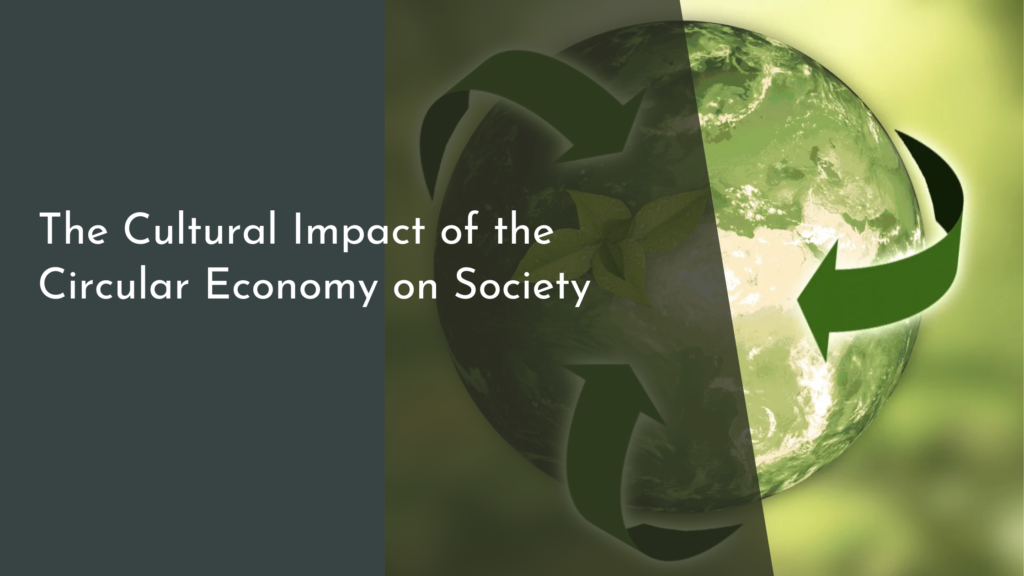How biodegradable polymers can improve water purification
In today’s world, where water scarcity and pollution are becoming critical issues, innovative solutions are urgently needed to ensure access to clean water for future generations. One promising avenue is the use of biodegradable polymers in water purification processes. These eco-friendly materials not only offer a sustainable alternative to conventional plastics but also demonstrate remarkable potential in enhancing the efficiency of water treatment systems. Let’s delve into the magic of biodegradable polymers and discover how they can transform water purification techniques for a brighter, cleaner future.
Discovering the Magic of Biodegradable Polymers in Water Purification
Biodegradable polymers, derived from renewable resources such as cornstarch, sugarcane, and other plant-based materials, are at the forefront of sustainable innovations. Their inherent ability to break down into non-toxic byproducts under natural conditions makes them a perfect candidate for water purification applications. Unlike traditional plastics, which can linger in the environment for centuries, biodegradable polymers can decompose rapidly, reducing the ecological footprint of water treatment processes. Researchers are continuously exploring various formulations of these polymers to enhance their performance in filtering out contaminants.
The unique properties of biodegradable polymers allow them to be tailored for specific water treatment needs. For instance, they can be engineered to possess high porosity and surface area, which significantly improves their ability to trap impurities and unwanted particles in water. Additionally, these materials can be combined with other natural materials, such as activated carbon, to create composite filters that enhance adsorption capabilities. This versatility not only makes biodegradable polymers an attractive option for water purification but also opens the door to innovative filtration technologies that can address diverse water quality challenges.
How Eco-Friendly Materials Enhance Filtration Techniques
The integration of biodegradable polymers into filtration systems can lead to enhanced efficiency and performance. For instance, researchers have developed membranes made from these polymers that exhibit excellent selectivity in removing contaminants from water. By utilizing electrospinning techniques, they can produce nanofibrous membranes with increased surface area and improved permeability. This process allows water to flow freely while effectively capturing harmful substances, such as heavy metals and microorganisms, before they reach the end user.
Moreover, eco-friendly materials contribute to the development of advanced filtration methods, such as bio-inspired filtration systems. By mimicking natural filtration processes found in wetlands and other ecosystems, scientists are creating innovative solutions that leverage the unique properties of biodegradable polymers. These systems not only purify water effectively but also promote biodiversity and ecosystem health, highlighting the harmonious relationship between technology and nature.
The Benefits of Using Biopolymers for Cleaner Water
Utilizing biodegradable polymers in water purification brings a plethora of benefits beyond mere sustainability. One significant advantage is the reduction in chemical usage during treatment processes. Traditional water purification often relies on harsh chemicals that can have detrimental effects on both the environment and human health. Biopolymers, on the other hand, can facilitate natural filtration processes, minimizing the need for these harmful substances and promoting safer water supply systems.
Additionally, biodegradable polymers can be produced with a lower carbon footprint compared to conventional filtration materials. By sourcing raw materials from renewable resources and employing eco-friendly manufacturing techniques, the overall environmental impact of water treatment systems can be significantly reduced. As a result, communities can benefit from cleaner water without compromising the health of the planet, making biodegradable polymers an essential component in the fight for global water sustainability.
Bright Future: Innovations in Water Treatment Solutions
The future of water purification is bright, thanks to the ongoing research and innovation surrounding biodegradable polymers. As scientists continue to explore new formulations and applications, we can expect the emergence of highly efficient, cost-effective, and eco-friendly water treatment solutions. For example, hybrid systems that combine biopolymers with cutting-edge technologies, such as nanotechnology, are being developed to enhance purification processes and make them more accessible to communities worldwide.
Furthermore, the growing awareness of environmental issues and the push for sustainable practices means that biodegradable polymers are likely to gain traction in industries beyond water purification. Their potential applications in agriculture, packaging, and waste management further underscore the versatility and importance of these materials. As we embrace these innovations, we move steadily towards a future where clean water is not just a luxury but a fundamental right for all.
In conclusion, the incorporation of biodegradable polymers into water purification systems offers a promising pathway to achieving cleaner water and a healthier planet. Their eco-friendly nature, coupled with their remarkable efficiency in filtration, positions them as a game-changer in addressing global water challenges. By continuing to invest in research and innovation, we can harness the magic of these sustainable materials and pave the way for a brighter, more sustainable future for generations to come. Together, let’s celebrate the potential of biodegradable polymers and champion the cause of clean water for all!

